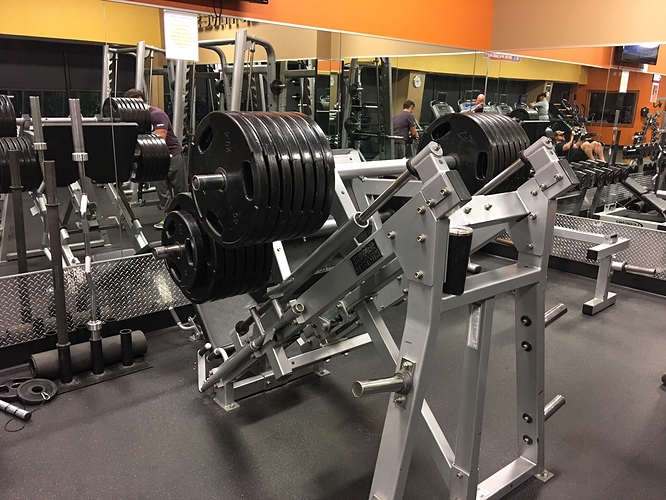Mostly yes to the first question. To the second, a lot depends on your activity level, but to be safe, most people need to be at or under 20 net carbs per day to be in ketosis.
You don’t need to be in ketosis to be healthy, relatively speaking, though. However, if years of bad diet have made you insulin resistant, or you are on the road to full-blown type 2 diabetes, restricting carbs is how you get your illness under control. Under 100g/day is adequate restriction for some who are not too far gone, but if you are obese or have other makers of serious insulin resistance, then you would benefit from a keto approach – actually, anything else will not likely improve your health.
As far as your fear of high fat, yes it’s probably because of years of fat phobia being pushed on us. Think back to the time before the obesity epidemic and the heart disease and diabetes epidemics. What did they eat? Generally there was no thought of restricting fats. When people started to put on weight, though, they knew they should cut back on sweets and starchy foods.
As for high fat on keto, you have to remember that you have to eat something to maintain energy levels. Since carbs are restricted, and protein is moderated, the energy has to come from either the fat on your body or the fat in your diet. Many people are not adapted well enough to use body fat for that and so need extra dietary fat. You don’t want to add lots of fat to a high-carb diet because of the insulin storage issue. If your insulin is high (which it will be after a carby meal) fat will be stored, which is why a donut is an especially fattening thing.
If you are worried about heart disease, remember that it’s high blood glucose and insulin that is what is traumatizing your vessels, not fat.
Hope that helps

